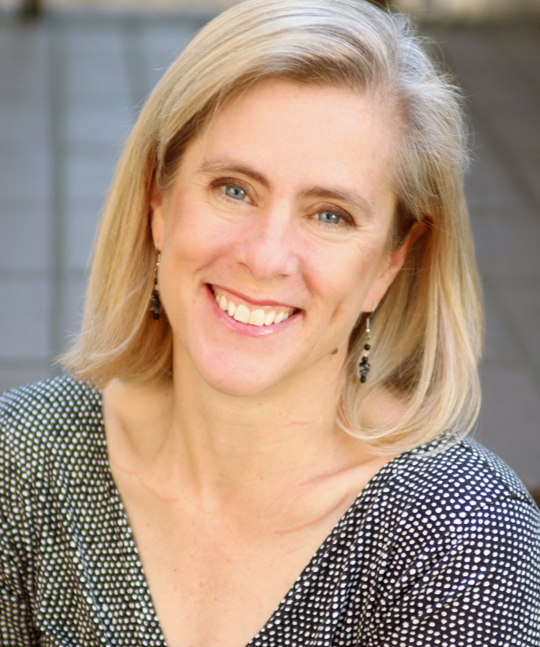Mission:
We work with changemakers that create equitable, thriving communities. Using data and strategic learning, we help these organizations build a better understanding of how to best make the change they want to see.
Our Approach
Data should support learning
We see our work as bigger than acquiring new information or identifying successes and failures. When we work with our clients, we help them learn. We ask tough questions, listen deeply, and rearrange and synthesize the information in front of us. In doing this, we help our clients consider the many ways they could define success and use data to pursue the most promising paths to get there.
Knowledge is power
Histories of discrimination and exploitation influence what counts as credible evidence, and who counts as informed and insightful enough to have a voice in decision-making. As researchers, communicators, and learning partners, we must do our part to address these wrongs and put inclusive methods and marginalized voices at the center of our work.
Context and systems matter
We believe the pursuit of equity—where everyone has equal access to resources and benefits—to be the highest and best purpose for evaluation. In order to equip communities and movements with the knowledge needed to advance their equity goals, we have to shine light on the many interconnected systems and contexts within which people navigate their lives.
How these beliefs manifest:
We work in teams
We acknowledge both the expanse and the limits of our personal experiences and rely on one another to keep learning, stay accountable, and complement our different specialties and expertise.
We use inclusive and participatory methods
We advocate for evaluation designs that engage community members in determining what questions are important to ask, what methods are appropriate for answering them, what meaning we should make of answers, and the action to take moving forward.
We bring different people and ideas together
Group facilitation, whether in developing a strategy or making sense of findings, is one of our key strategies for channeling the experiences and ideas of different people into productive conversations.
Informing Change Over the Years
History
We began as BTW informing change, founded in 1998 by Jill Blair, Fay Twersky, and Paul Wisotzky. In 2008, the firm transitioned to a second generation of leadership under Ellen Irie, and in September 2013, after 15 years of business, BTW became Informing Change. In 2018—the same year that Informing Change celebrated 20 years of serving the social sector—Ellen Irie, our President and Chief Executive Officer, passed away. Ellen’s husband, Don, then graciously steered Informing Change over the next five-plus years, including through the COVID-19 pandemic. In 2024, Michael Arnold (Partner & Co-Executive Director), Gail Camacho (Partner & Chief Operating Officer), and Anjie Rosga (Partner & Co-Executive Director) took their leadership to the next level by becoming co-owners of Informing Change.
Ellen’s Legacy
Ellen stood firmly in Informing Change’s founding values of intelligence, integrity, and compassion. When she added the pursuit of social justice to that list, Ellen made explicit what’s at stake in carrying these values out, and sparked conversations at Informing Change that continue to this day about our visions for equity, inclusion, and belonging.

Ellen’s compassion, paired with her clear-eyed judgment and an uncompromising commitment to being of service, supported colleagues and clients alike in thinking critically about the challenges we face and the solutions within our reach. And she did so with a persistent faith in the good intentions of others and always in service of a better, more just world.
We celebrate Ellen’s legacy every day in the work we do and the clients we partner with.

